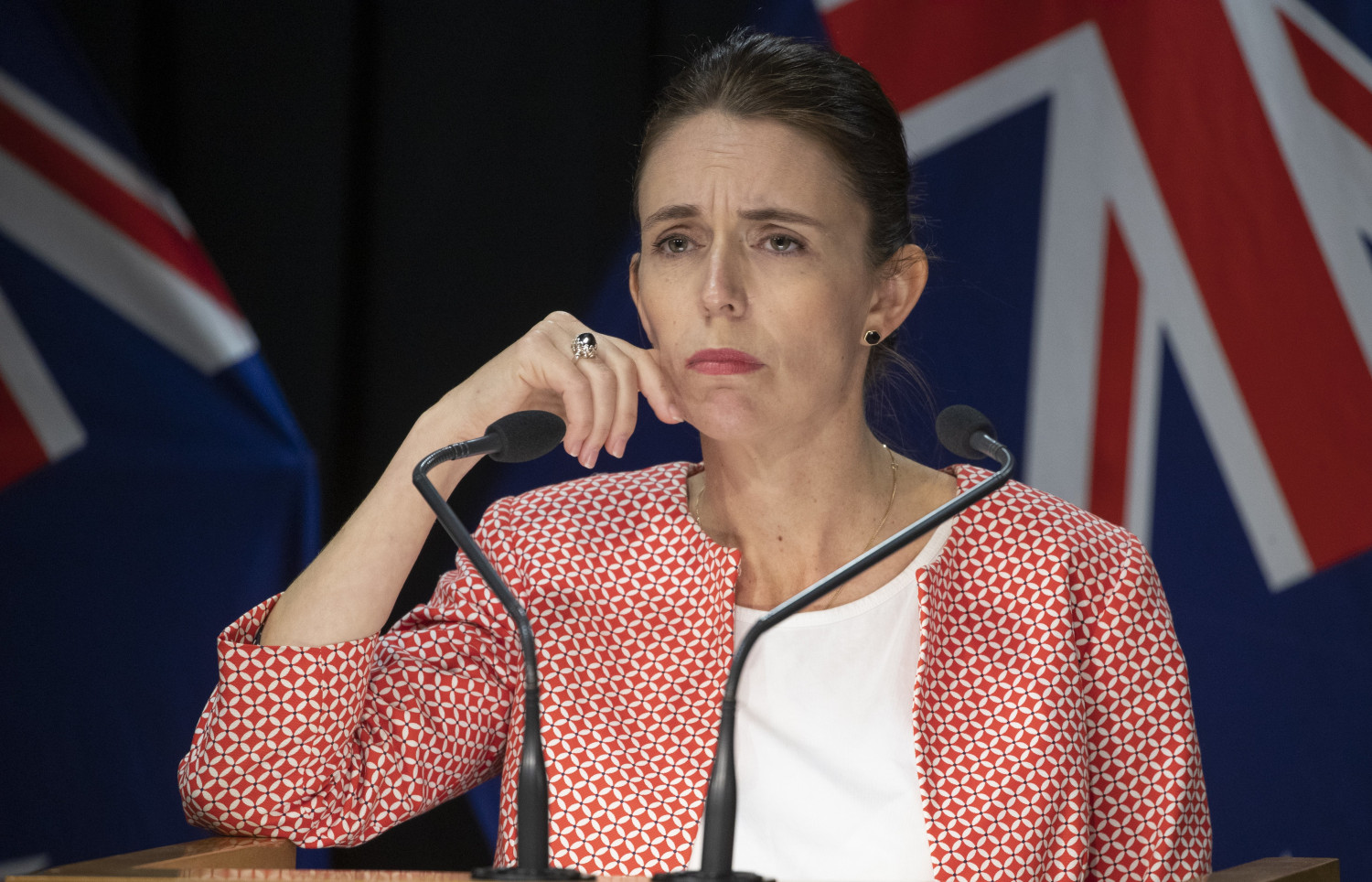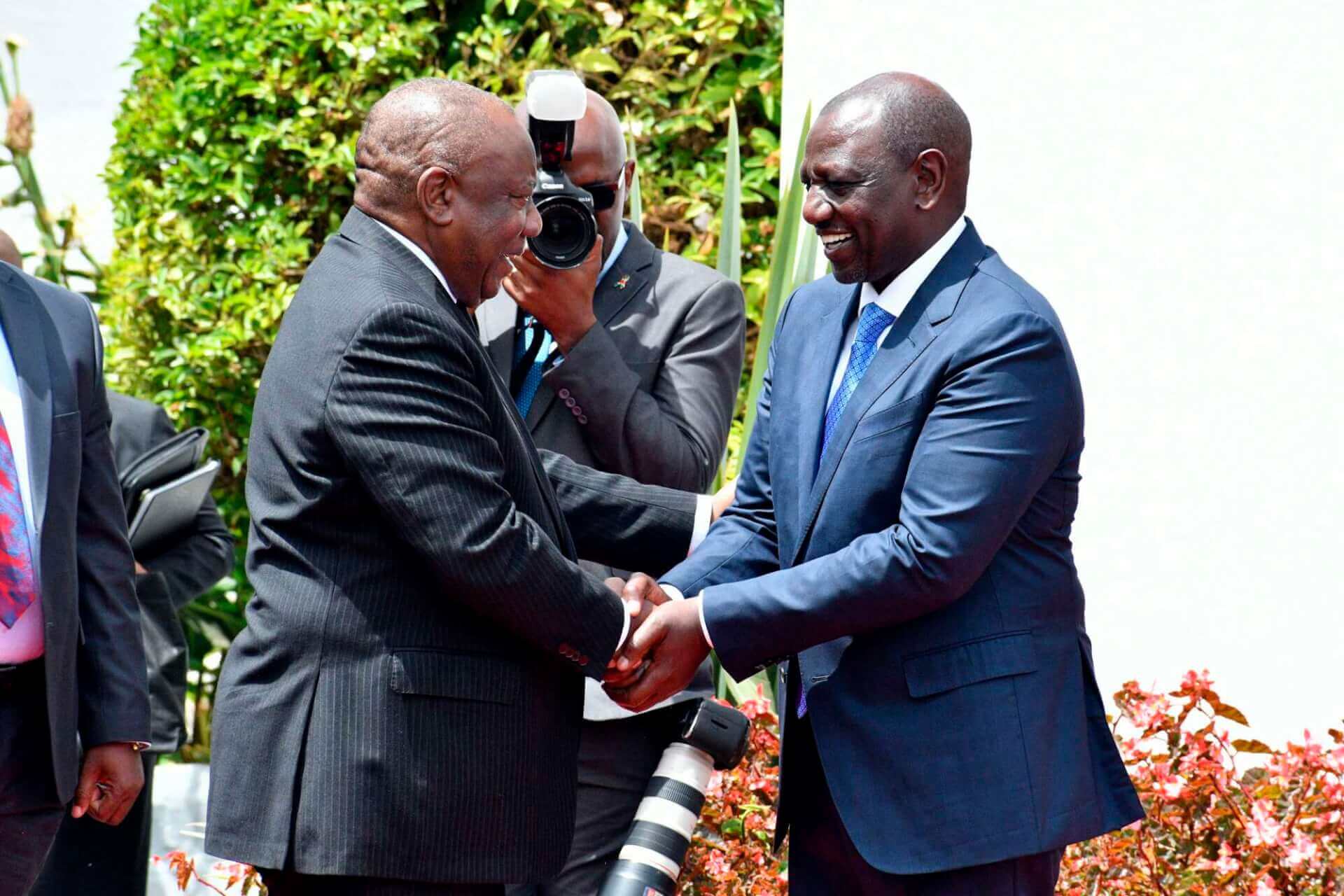South Asia
The Indian government amended its foreign trade policy to allow international trade settlements in Indian rupees. A press release by the Ministry of Commerce and Industry said the government made the decision in pursuance of the “rise in interest in internationalisation of Indian rupee.” [Indian Ministry of Commerce and Industry]
Pakistani Prime Minister Shehbaz Sharif addressed two letters to Chief Justice Umar Ata Bandial to request him to set up a judicial commission to investigate the alleged assassination attempt on Imran Khan during a rally in Wazirabad last week. In a veiled jab at the opposition-led Punjab government, Sharif urged the top judge to recognise the lapse in security enforcement. [The Express Tribune]
Central Asia and the Caucasus
State Department spokesperson Ned Price said on Wednesday that the United States is convinced that “direct dialogue” between Armenia and Azerbaijan is crucial to resolve the Nagorno-Karabakh conflict and ensure lasting peace in the South Caucasus. He said the US is “trying to create a space and an opportunity for the two sides to come together, to identify their differences […] and to attempt to bridge them.” [RFE/RL]
Uzbekistan has introduced a draft bill granting citizenship to foreigners who invest at least $1 million in its economy. It follows a similar move made by Kazakhstan in October, whereby Astana offered permanent residence permits to anyone who invested at least $300,000. [RFE/RL]
East and Southeast Asia
A United States court sentenced Nigerian Instagram influencer Ramon Olorunwa Abbas to over 11 years in prison for conspiring to help North Korea launder $14.7 million from a Maltese bank in 2019. [NK News]
Vietnamese Prime Minister Pham Minh Chinh and his Cambodian counterpart Hun Sen affirmed their joint “need to promote peace, security, stability, safety and freedom of navigation and overflight” in the South China Sea and “settle disputes by peaceful means in accordance with international law.” [VN Express]
Europe
British Home Secretary Suella Braverman announced that 347 illegal immigrants, including 230 foreign national offenders, were sent back to their home countries on charter and scheduled flights last month. A press release by the British government stressed that such return flights are essential to “keep the public safe and tackle illegal immigration.” [UK Government]
German Economy Minister Robert Habeck announced that Chinese company Sai Microelectronics has been barred from purchasing a German Chip Plant in Dortmund. He said that the government made the decision to protect critical infrastructure from potential foreign security threats. [Politico]
During a briefing on Wednesday, Hungarian Prime Minister Viktor Orbán’s chief of staff, Gergely Gulyas, confirmed that the ratification of Sweden and Finland’s accession protocol to the North Atlantic Treaty Organization (NATO) would take place “before the end of this year.” “Finland and Sweden are our allies and they can count on us,” he asserted, adding, “We have always said we supported the ratification.” [Reuters]
Latin America and the Caribbean
Mexican President Andrés Manuel López Obrador said it will not purchase genetically yellow corn from the neighbouring United States due to a presidential decree that will ban genetically modified corn in 2024 and phase out the herbicide glyphosate found in Roundup. Mexico has on average imported around 17 million tonnes of US corn a year but the US worries that the ban could drastically reduce trade. López Obrador, however, has insisted, “We are a sovereign free country.” [Reuters]
El Salvador President Nayib Bukele announced that the Central American country will sign a free trade agreement with China “as soon as possible.” Likewise, a spokesperson for the Chinese Ministry of Commerce said, “In order to further tap the potential of bilateral economic and trade cooperation and improve the level of cooperation, China and El Salvador are willing to start the process of negotiation of the bilateral free trade agreement as soon as possible, and make joint efforts to complete the process as soon as possible.” [Reuters, Chinese Ministry of Commerce]

Middle East and North Africa (MENA)
United States Agency for International Development (USAID) chief Samantha Power on Wednesday announced $72 million in humanitarian assistance for Lebanon, which is suffering one of the greatest economic crises in the last 150 years. Power said the aid would be provided in the form of emergency food assistance to over 650,000 people in Lebanon, including Syrian refugees. [USAID]
Ali Shamkhani, the secretary of Iran’s Supreme National Security Council, told his Russian counterpart Nikolai Patrushev that Iran is ready to mediate the Russia-Ukraine war. Stressing that only dialogue between the parties can resolve the conflict, Shamkhani said sanctioning countries is a policy that will fail. [IRNA]
North America
While speaking at the University of Toronto’s Munk School of Global Affairs and Public Policy on Wednesday, Canadian Minister of Foreign Affairs Mélanie Joly warned companies that “there are geopolitical risks linked to doing business” with China, and thus Canadians “need to be clear-eyed.” “China is an increasingly disruptive global power,” Joly asserted, adding, “It seeks to shape the global environment into one that is more permissive for interests and values that increasingly depart from ours.” Joly argued that China is “reshaping the strategic outlook of every state in the region, including Canada.” In this regard, she revealed that Ottawa’s foreign policy toward Beijing “will be outlined” in a new Indo-Pacific strategy, which will be released “within a month.” [Global News Canada]
While speaking with her British counterpart Jeremy Hunt on Wednesday, United States (US) Secretary of Treasury Janet Yellen discussed “finalising and implementing a price cap on Russian oil” to ease global energy prices while also “denying Russia revenue to fund its brutal war.” She also emphasised the importance of collectively supporting Ukraine’s economic assistance needs. [US Department of Treasury]
Oceania
A group of anonymous hackers who leaked medical records stolen from Australian private health insurance company Medibank has demanded a ransom of $10 million to prevent the release of more health records on the dark web. The company’s chief executive, David Koczkar, said on Thursday that “The weaponisation of people’s private information in an effort to extort payment is malicious and it is an attack on the most vulnerable members of our community.” [AFP]
New Zealand Prime Minister Jacinda Ardern said that she will give the Christchurch mosque gunman “nothing,” after news broke that Brenton Tarrant, who killed 51 people in 2019, will appeal against his conviction and sentence. [NZ Herald]
Sub-Saharan Africa
South African President Cyril Ramaphosa and his Kenyan counterpart William Ruto announced in Nairobi on Wednesday that from the start of next year, Kenyans will be granted visa-free access to South Africa for up to 90 days a year. The two leaders also agreed to firm up deportation policies in cases where immigration laws and regulations are violated. [The Standard]
As he formally announced the end of Operation Barkhane in Mali on Wednesday, French President Emmanuel Macron noted that France will continue counterterrorism operations in the Sahel region from Niger, Chad, and Burkina Faso. At the same time, he said that France must also seek to counter threats closer to its borders, noting, “Europe is not sheltered anymore from missile and drone strikes. And we must integrate this reality.” [Associated Press]

